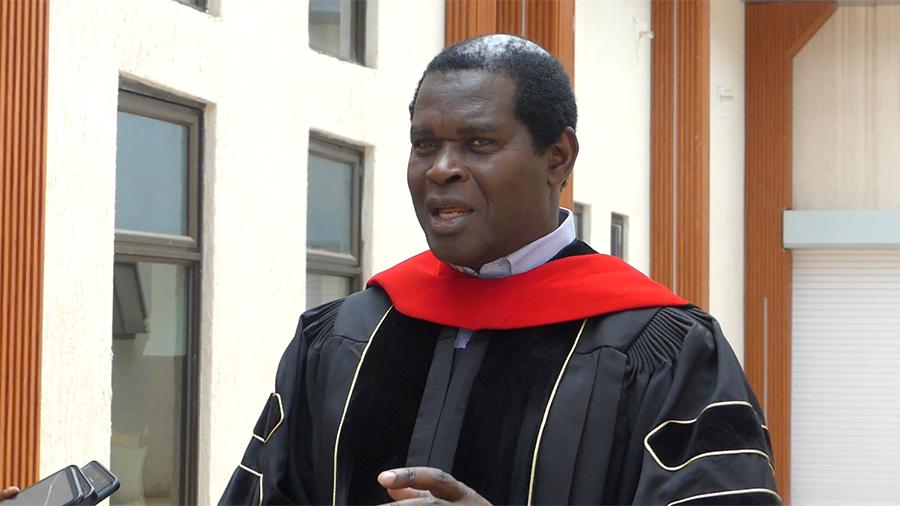Stanbic Bank Uganda has announced a new partnership with FinCom Technologies, the creators of the SchoolPay platform, to deliver the country’s first fully digital lending solution for schools.
The collaboration will give thousands of private education institutions immediate access to pre-scored, cashflow-aligned financing through a platform they already use to manage school fees.
The initiative is described as a major step in modernising education finance, an area that has long been held back by manual processes, slow credit assessments and the financial strain caused by the Covid-19 crisis.
SchoolPay currently serves more than 15,000 schools and processes more than half of all private-sector tuition payments in Uganda.
Through this integration, Stanbic Bank becomes the first financial institution to embed a credit function into the platform, reinforcing its leadership in the education finance sector.
Stanbic Bank said the partnership is part of a broader national development agenda and reflects a shift in how the financial sector can support critical social services. Uganda’s schools remained closed for nearly two years during the pandemic, one of the longest closures globally. Although many institutions managed to stay afloat, financial recovery has been uneven.
Speaking at the launch, Tunde Thorpe, executive head of Business and Commercial Banking at Stanbic Bank Uganda, said the new solution aims to remove long-standing barriers to credit.
“For nearly two years during the Covid-19 shutdown, Uganda’s schools faced unprecedented financial strain. Many institutions are still recovering. This partnership allows us to extend credit in a way that is simple, digital and aligned with the real cashflow patterns of schools,” Thorpe said.
“By leveraging technology to widen access to affordable finance, we are strengthening the institutions that shape the country’s future,” he added.
Schools can now access financing of up to Shs 1 billion without visiting a branch, track loan status in real time and avoid the delays associated with paper-based loan processes.
For many headteachers and proprietors, this represents a shift from slow, manual lending to a system that is fast, transparent and predictable.
FinCom Technologies chairperson Joseph Ndiho said the partnership reflects the company’s mission to use technology to solve structural challenges in the education sector.
“This partnership is an important step in our mission to build technology that solves real challenges. Together with Stanbic Bank, we are making credit more accessible, fully digital and aligned with the day-to-day realities of school operations,” Ndiho said.
He added that digitising school finance improves financial visibility, reduces leakages and enables better long-term planning. These improvements are crucial for institutions that employ thousands of teachers, support staff and local suppliers.
Harriet Senkaali, Commissioner for Private Schools and Institutions at the Ministry of Education, welcomed the partnership as an innovation that enhances efficiency and accountability.
“Digital tools like SchoolPay have improved financial transparency in our schools. Integrating affordable, timely credit into the same platform is a natural and welcome progression. We commend Stanbic Bank and SchoolPay for providing solutions that support better learning environments and institutional stability,” Senkaali said.
She reaffirmed the Ministry’s commitment to advancing digital transformation in private education, which serves a significant share of Uganda’s learners.
The partnership is grounded in Stanbic Bank’s Positive Impact Framework, which prioritises financial inclusion, enterprise development, infrastructure investment, climate resilience and social investment.
By allowing schools to access capital to upgrade classrooms, expand ICT facilities, improve sanitation or stabilise operating budgets, the initiative supports the development of Uganda’s human capital.
Stanbic Bank, which marks 35 years of operations in Uganda this year, said it will continue to focus on sectors that are central to national competitiveness. Education, it said, remains a key driver of inclusive development and economic resilience.







